Brexit will make UK economically poorer: Government report
A new study by the UK government suggests that Britain will become poorer economically some 15 years after leaving the European Union.
The analysis published on Wednesday said that the British economy will shrink up to four percent of its Gross Domestic Product (GDP) under a Brexit deal negotiated by UK Prime Minister Theresa May and her government.
The figures announced by Chancellor of Exchequer Philip Hammond showed that if May’s deal is rejected and Britain leaves the EU under any other mechanism, the economic hit will be higher.
The report also added that the economic costs of a Brexit with no deal will be about 9.3 percent of the GDP.
May has to go with her Brexit deal through the British Parliament on December 11. Many expect the deal, which was finalized in an EU summit last weekend, would be rejected in the House of Commons.
Both the British government and the EU have defended the Brexit deal, which came two years after a referendum in which Britons voted to leave the EU.
The EU says the deal cannot be renegotiated and if the British Parliament rejects it, the country will have to leave the bloc on March 29, 2019 without an agreement.
In his Wednesday statement, Hammond said that Britain will be worse off under any Brexit mechanism.
The report on impacts of Brexit, a 83-page document, did not specifically estimate how much cash Britain will lose under May’s Brexit deal, but said that a loss of 3.9 percent of Britain’s GDP would equate to about £100 billion a year by the 2030s.
Hammond said that the economic benefits of staying in the EU were much higher although he admitted that continued membership in the bloc was not “politically” viable.
Pro-Brexit activists have repeatedly rejected estimates about the losses of leaving the EU, saying the government has always ignored the economic benefits of leaving the bloc, including Britain’s ability to sign its own trade deals with countries and entities around the world.
Iran: US airstrikes on Yemen war crimes, violation of international law
Yemeni armed forces down F-18 fighter jet, repel US-UK attack: Spokesman
Iran warns against US-Israeli plot to weaken Muslims, dominate region
VIDEO | Public uproar in US against Israeli regime
‘Ghost town’: 70% of Jabalia buildings destroyed by Israel
Mother’s Day: Sareh Javanmardi’s inspiring journey as Paralympic champion and mother
Russia downs over 40 Ukrainian drones as Putin vows 'destruction' on Kiev
VIDEO | Yemen: A bone in Israeli neck


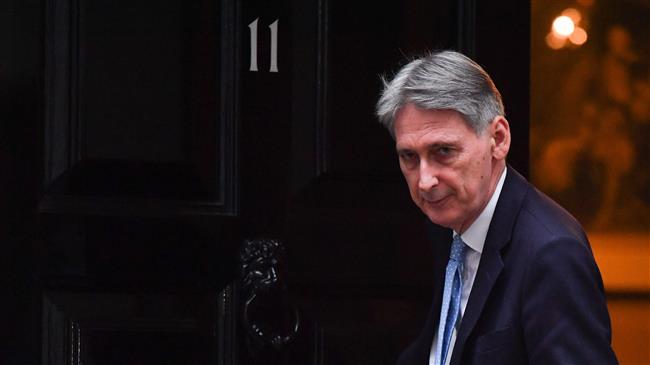


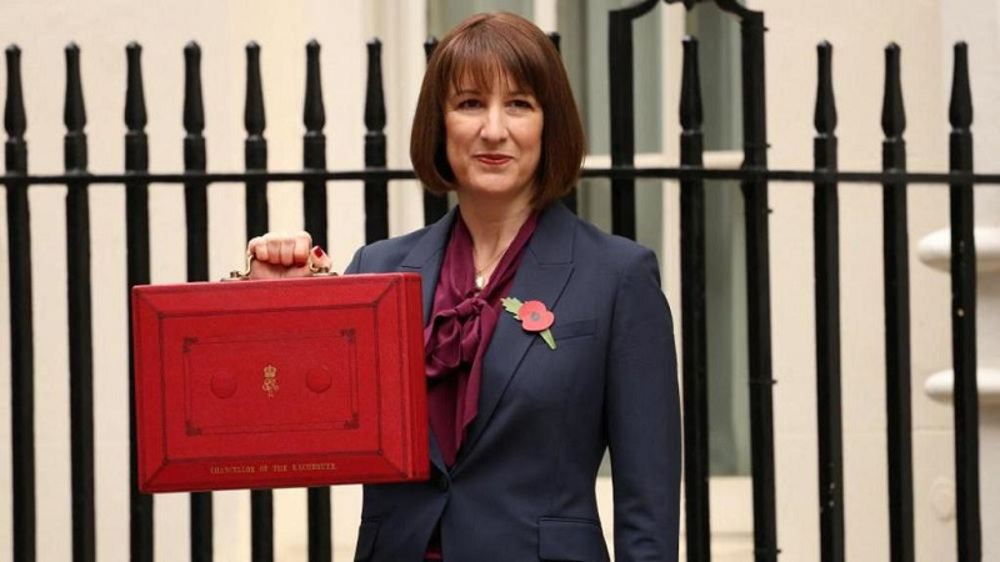
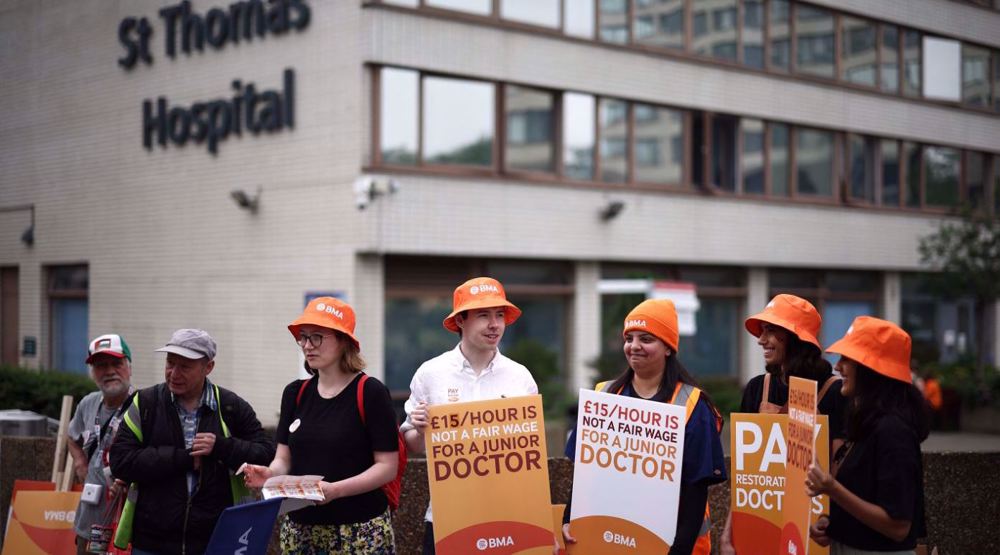



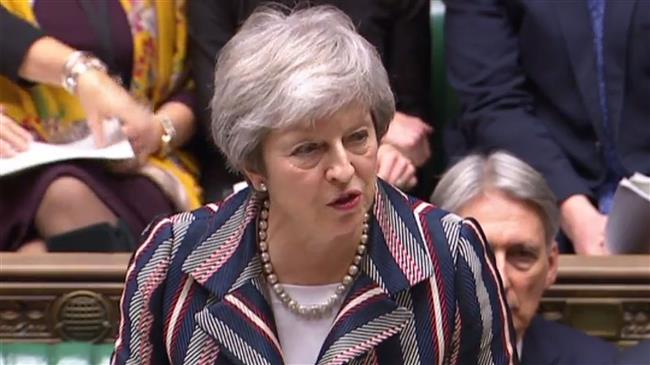
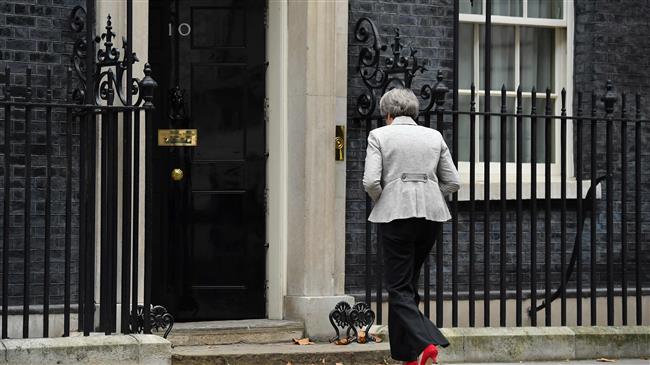
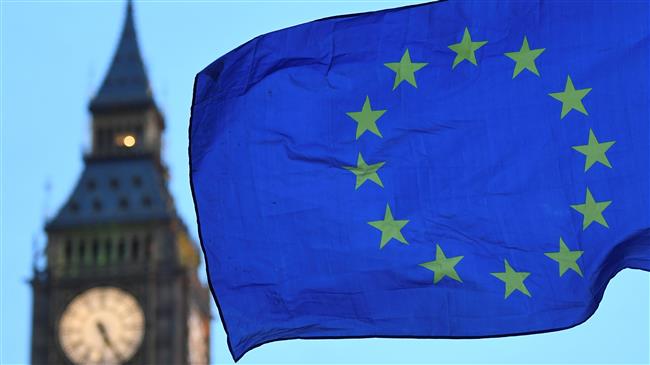

 This makes it easy to access the Press TV website
This makes it easy to access the Press TV website